Taking medication correctly will bring optimal treatment results. If the method of taking medication, the time of taking medication is incorrect, combined with an unreasonable diet, it will affect the effect of the medication, making the treatment ineffective, increasing side effects and complications due to taking medication.
Here are some mistakes when taking medicine to note:
1. Taking medicine at the wrong time
Whenever you are prescribed a new medication, it is important to discuss with your doctor or pharmacist how and when to take it, such as whether it should be taken before, during or after meals. Many medications are effective when taken on an empty stomach (before meals), but some need to be taken with or after meals (meaning they need food to be absorbed properly)...
- Take before meals: This means the medicine should be taken on an empty stomach 1 hour before meals for easy absorption.
- Take after meals: Means taking the medicine immediately after meals or 30 minutes after meals, so that food reduces the stimulation of the medicine on the digestive tract or promotes better absorption of the medicine through the digestive tract...
2. Take medicine while lying down
When taking medication in a lying position, the medication will easily adhere to the esophagus wall. Not only does it affect the effectiveness, the medication also irritates the esophagus, causing cough or local inflammation... severe cases can damage the esophagus wall. Therefore, it is best to take medication in a sitting or standing position.
3. Take the medicine directly from the bottle (for liquid form)
For liquid medicines such as syrups, suspensions... some people have the habit of drinking medicine directly from the bottle mouth (pill). This will make the liquid medicine easily contaminated and accelerate the deterioration process. On the other hand, the amount of medicine taken cannot be controlled accurately, will not achieve the therapeutic effect or overdose will increase the side effects.
4. Using multiple medications at the same time
Using many drugs at the same time will inevitably cause drug interactions, and may even cause some unwanted side effects and drug interactions.
For example, taking antidepressants with allergy medications can make it harder to control depression symptoms. Or taking magnesium supplements with thyroxine can make the thyroxine ineffective.
If you suspect that certain medications you are taking or about to take may have adverse interactions, you must proactively consult your doctor or pharmacist, and remember not to stop or change medications on your own.
In some cases, stopping your medication on your own can lead to withdrawal symptoms or more serious side effects. If there is a reason you cannot take your medication as prescribed (because of discomfort or side effects), talk to your doctor.
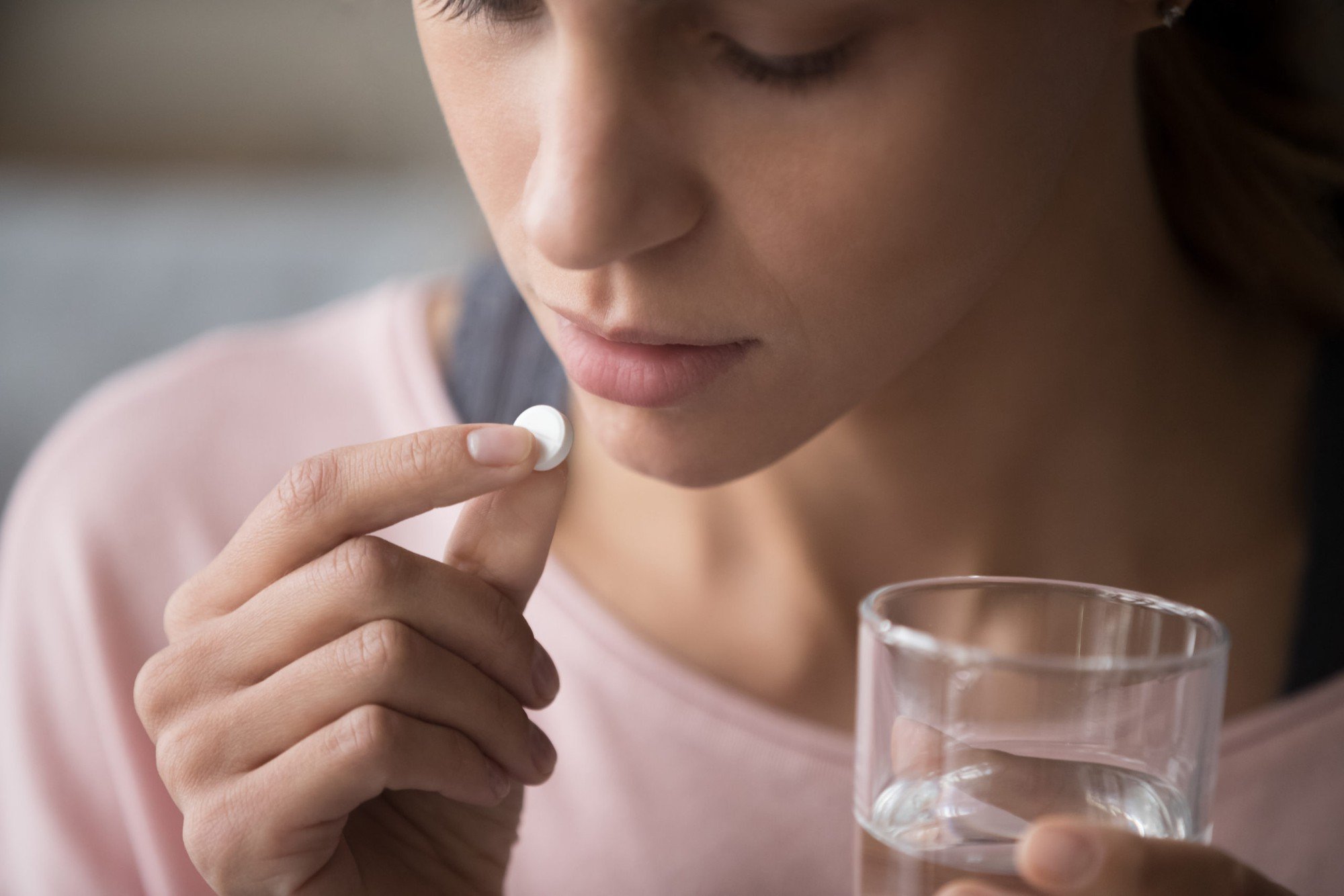
Taking medication incorrectly affects the effectiveness of the medication.
5. Drinking too much water
Drinking too much water will dilute stomach acid, which is not conducive to the dissolution and absorption of the drug. Generally, taking the drug with a glass of warm water is enough.
For special preparations such as syrups, especially cough syrups, the medicine needs to coat the inflamed throat mucosa to form a protective layer to reduce mucosal inflammation, inhibit irritation, and reduce cough, so do not drink water within 5 minutes after taking syrup.
6. Exercise immediately after taking medication
Just like after eating, you should not exercise immediately after taking medicine. It usually takes 30-60 minutes for the medicine to dissolve, absorb through the digestive tract and take effect after taking it. During that time, there needs to be enough blood to participate in circulation. Exercising immediately will lead to insufficient blood supply to the digestive tract and other organs, greatly reducing the absorption efficiency of the medicine.
MSc. Pharmacist Tran Phuong Duy
Source: https://giadinh.suckhoedoisong.vn/6-sai-lam-khi-uong-thuoc-se-lam-giam-hieu-qua-dieu-tri-17225020620203371.htm






























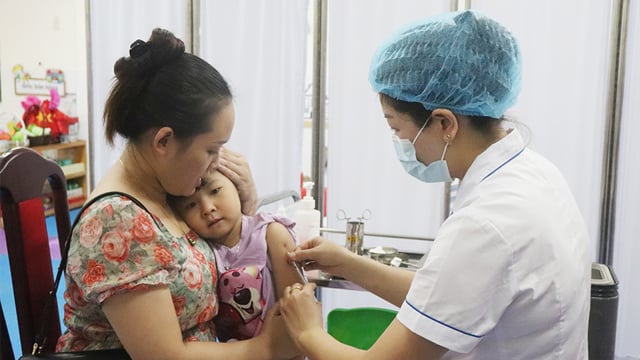




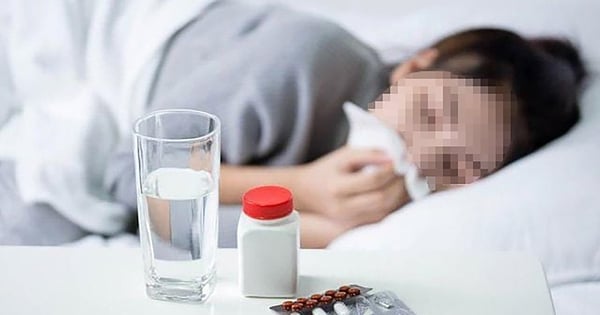

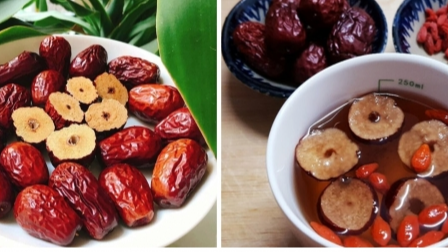





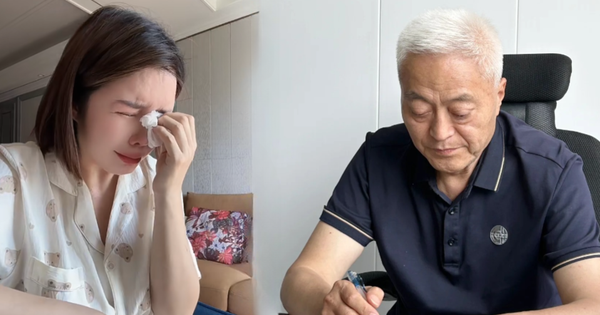
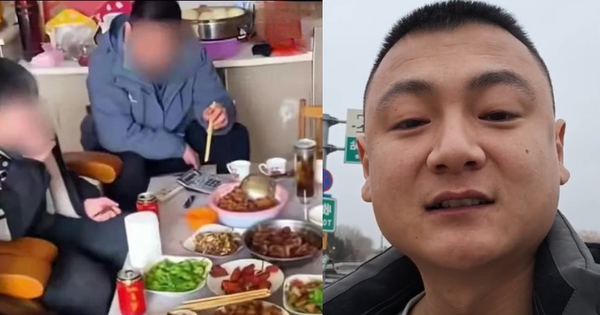
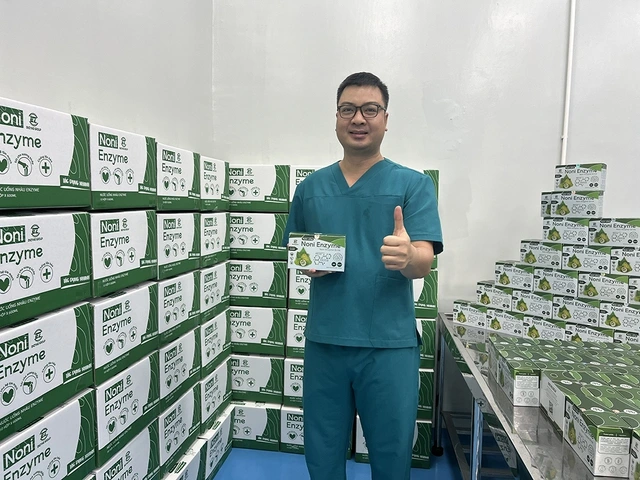












Comment (0)